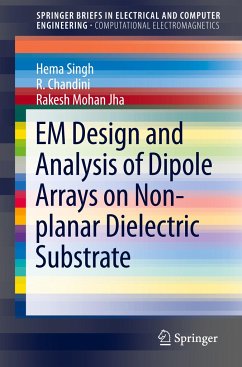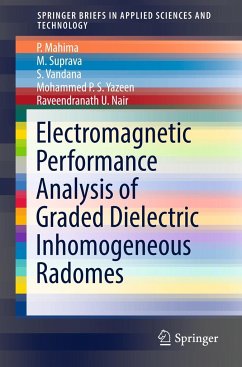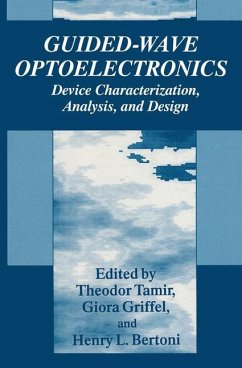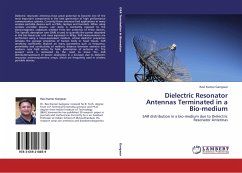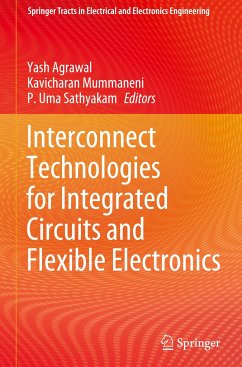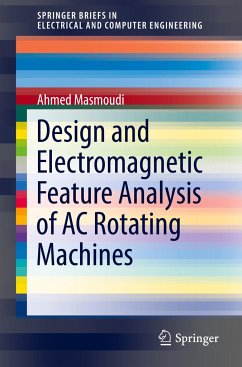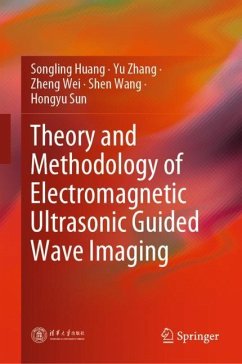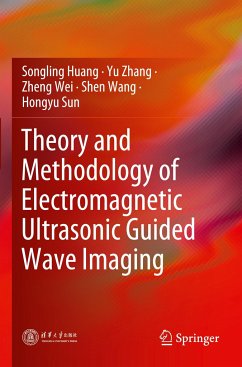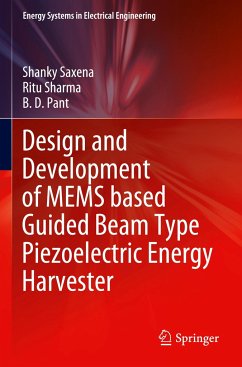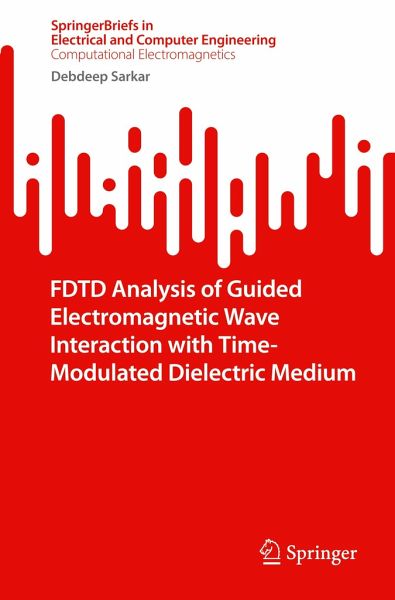
FDTD Analysis of Guided Electromagnetic Wave Interaction with Time-Modulated Dielectric Medium

PAYBACK Punkte
19 °P sammeln!
This book presents a detailed analytical and computational electromagnetic (CEM) treatment of guided electromagnetic (EM) wave propagation in independently time-varying dielectric medium, using the finite-difference time-domain (FDTD) simulation technique. The contents provide an extensive literature review, explaining the importance of time-varying media (temporal photonic crystals) in new exotic applications that involve rich EM phenomena such as parametric amplification, frequency conversion, non-reciprocal gain, electromagnetic energy accumulation, temporal coating and temporal aiming (bea...
This book presents a detailed analytical and computational electromagnetic (CEM) treatment of guided electromagnetic (EM) wave propagation in independently time-varying dielectric medium, using the finite-difference time-domain (FDTD) simulation technique. The contents provide an extensive literature review, explaining the importance of time-varying media (temporal photonic crystals) in new exotic applications that involve rich EM phenomena such as parametric amplification, frequency conversion, non-reciprocal gain, electromagnetic energy accumulation, temporal coating and temporal aiming (beam-forming). A one-dimensional (1D) FDTD simulation paradigm is then formulated in this book, starting from Maxwell's equations and boundary conditions. The issues of hard/soft source realizations, perfectly matched layers (PMLs), choice of simulation parameters (cell-size and time-stepping) are thoroughly explained through new visualization tools. This book provides a unique combination of rigorous analytical techniques, several FDTD simulation examples with reproducible source-codes, and new visualization/post-processing mechanisms. The contents of this book should prove to be useful for students, research scholars, scientists and engineers, working in the field of applied electromagnetics, and aiming to design cutting-edge microwave/optical devices based on time-varying medium.



